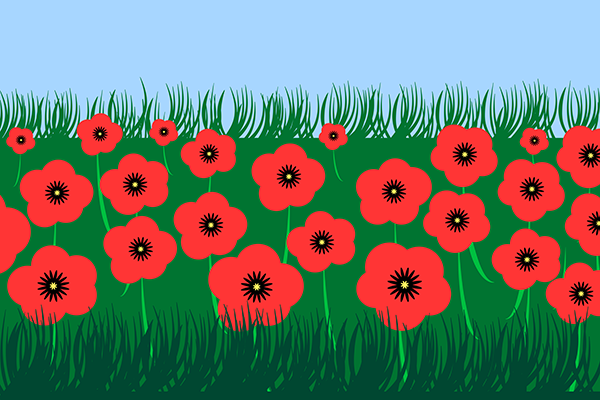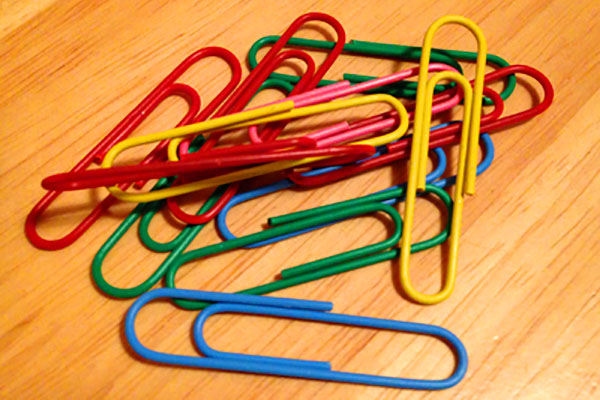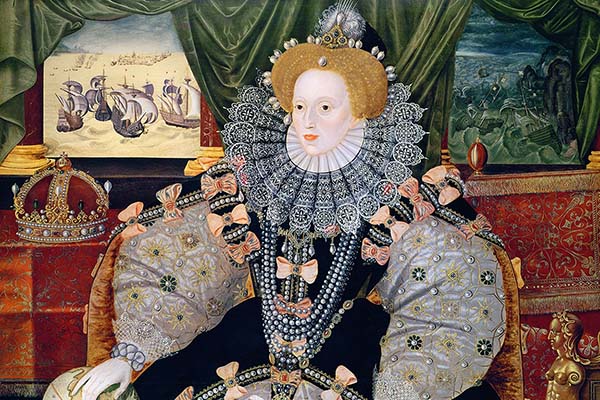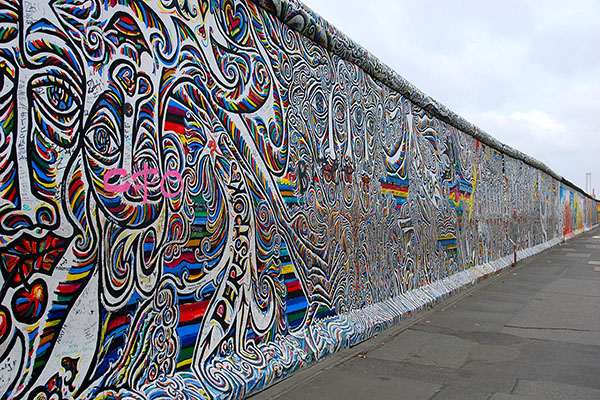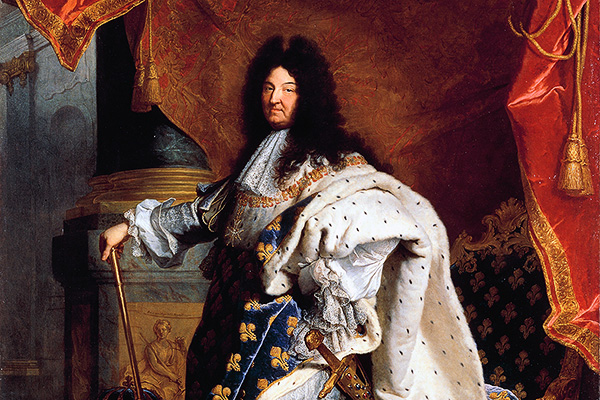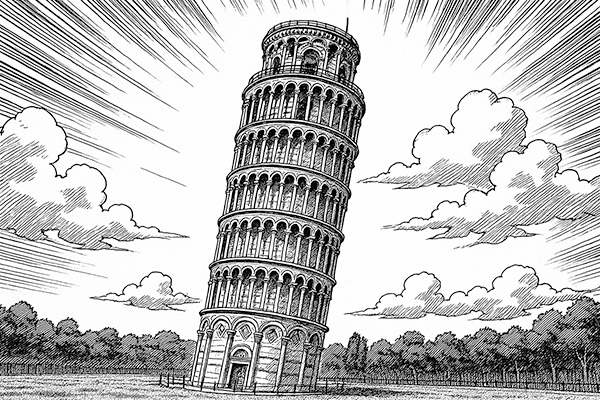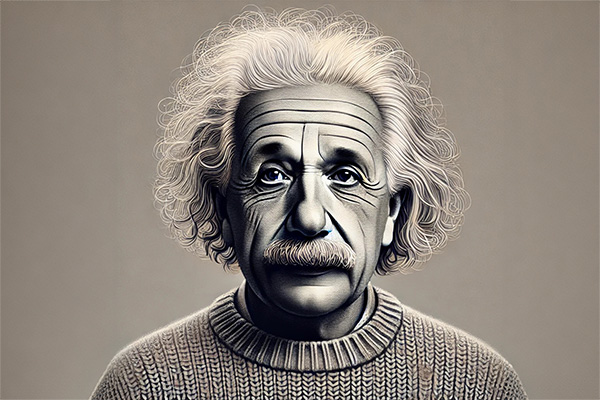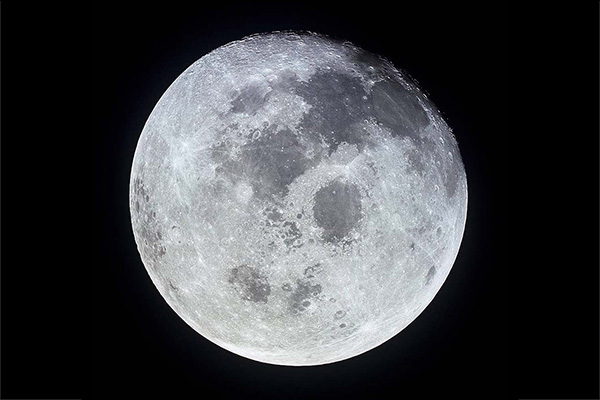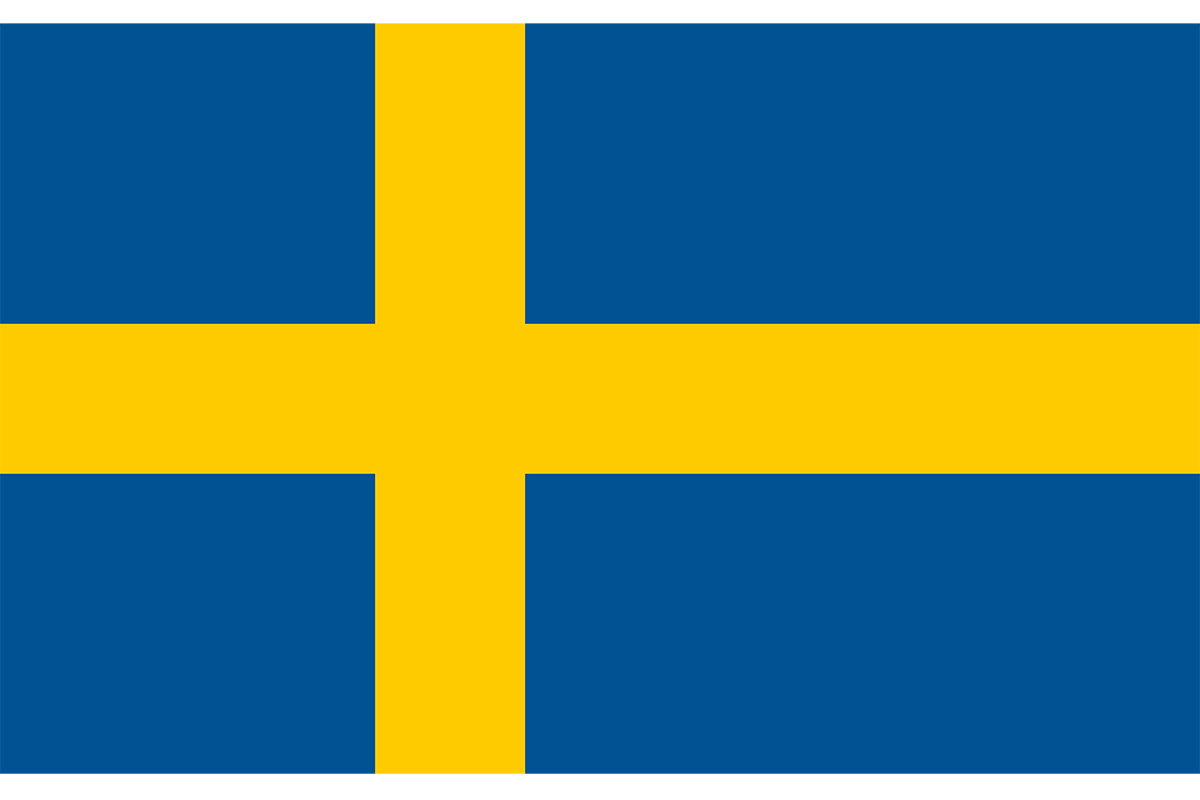
Situated in Northern Europe, Sweden shares borders with Norway to the west and Finland to the northeast, and is connected to Denmark via the Öresund Bridge. Covering approximately 450,000 square kilometers, it's comparable in size to Spain or California. Despite its vast land area, Sweden has a population of about 10 million, with around 2 million residing in the capital, Stockholm. This results in a low population density, especially in the northern regions, which are sparsely inhabited.
Sweden boasts a monarchy that has endured for over a millennium. The current monarch, King Carl XVI Gustaf, ascended the throne in 1973 and is the longest-reigning monarch in Swedish history. While his role is largely ceremonial, the King serves as a symbol of national unity and continuity. The royal family resides at the Royal Palace in Stockholm and the Palace of Drottningholm.
Sweden stands as the world's third-largest exporter of pop music, following the USA and the UK. Iconic pop group ABBA catapulted to international fame after winning the Eurovision Song Contest in 1974 with "Waterloo." Other notable Swedish artists include Roxette ("It Must Have Been Love"), Ace of Base ("All That She Wants"), The Cardigans ("Lovefool"), Avicii ("Wake Me Up"), Zara Larsson ("Symphony" - with Clean Bandid).
Founded in 1943 by Ingvar Kamprad, IKEA revolutionized the furniture industry with its affordable, flat-pack designs. Today, IKEA operates globally, offering customers modern furniture to assemble at home. The in-store restaurants provide Swedish culinary staples like meatballs and lingonberry jam, allowing shoppers to experience a taste of Sweden. Interestingly, its headquarters today are in the Netherlands.
Volvo, established in 1927 in Gothenburg, is a hallmark of Swedish engineering. Known for prioritizing safety, Volvo introduced the three-point seatbelt in 1959 and made the design freely available to other manufacturers, significantly enhancing global automotive safety standards.
Sweden is one of the most connected countries in the world, with fast internet, widespread digital literacy, and a strong startup culture. Several major tech companies either originated in Sweden or were founded by Swedes, including Spotify (music streaming), Mojang (Minecraft), King (Candy Crush Saga), and Skype (originally developed by Swedes and Danes before being sold to Microsoft).
Cars are driven on the right-hand side of the road in Sweden, but this hasn't always been the case. Up to 1967, they were driven on the left. Although their wasn't much public support for the change, at 5am on 3rd September 1967, any cars on the roads needed to switch sides and drive on the right. The reason for the change was because cars were left-hand drive (the steering wheels were on the left of them), which made it harder to see vehicles or pedestrians alongside the vehicle. Also, Sweden's neighbours in Finland and Norway, already drove on the right. The day of the switch was called Dagen H (H-day) or "Högertrafikomläggningen" and the event was promoted with advertising, special logo, and a song.
Despite being a member of the European Union since 1995, Sweden has retained its own currency, the Swedish krona (SEK). 100 öre make up 1 krona. A referendum in 2003 resulted in a majority vote against adopting the euro, reflecting the population's preference to maintain monetary independence. The country is obliged to adopt the euro in the future, but the European Union hasn't taken steps to make it happen.
Sweden has a longstanding policy of neutrality, having avoided military conflicts since 1814. This commitment to peace has positioned Sweden as a key player in international diplomacy and humanitarian efforts.
Prior to the 17th century, English speakers referred to Sweden as "Swedeland." The modern name "Sweden" is derived from the Dutch "Zweden," reflecting historical trade connections between the regions. In Sweden itself, the country is called Sverige. Regarding languages, Swedish is the country's official language and almost all Swedes speak it. The most commonly spoken second language is English, which is understand and spoken by almost 90% of the population. English is a compulsory subject for school children.

